Playwright/Director
La llamada de Sylvia Méndez: Separate Is Never Equal
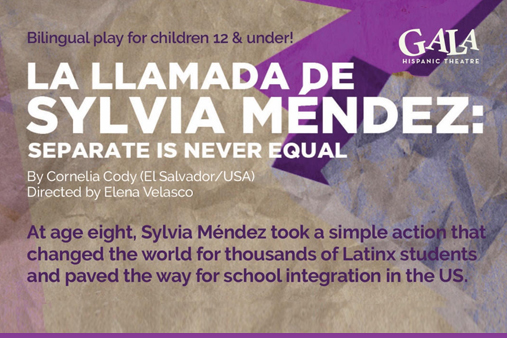
The story of Sylvia Méndez and her family’s struggle to desegregate the schools in 1940s California is told by Sylvia’s classmate and best friend, Rosita. The two girls meet at Hoover School, a two-room shack designated for children of Mexican descent. The Méndez, along with four other Mexican-American families, fight to integrate the public schools so that Sylvia and the other Mexican children can receive the standard public-school education.
Let The Children Meet The Story Of Sylvia Méndez
GALA’s Artistic Producing Director, Hugo Medrano interviews Cornelia Cody in a new episode of GALA en familia.
Rigoberta, ¿dónde estás? A Journey Through Guatemala
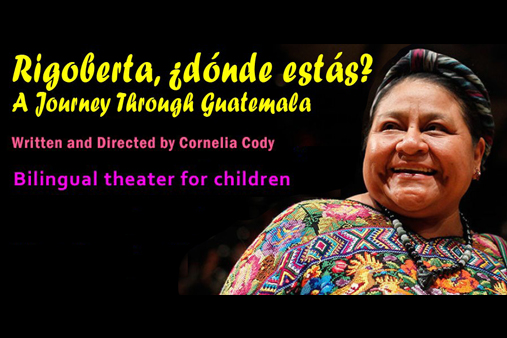
10-year-old Pilar travels with her grandmother from the north of Guatemala to the capital. Pilar wants to meet her idol, Rigoberta Menchú, who will be in Guatemala City after she receives the Nobel Peace Prize. Why does Pilar want to meet Rigoberta Menchú? Pilar wants to ask Rigoberta a question, but she doesn’t know yet what it will be. She does, however, intuit that whatever the question, Rigoberta will have an answer. Why? Because Rigoberta Menchú is the voice of the people.
Picasso: Todos los niños nacen artistas/Every Child is Born an Artist

A multi-layered play about the life and times of Pablo Picasso. The play includes music from different periods, dancing, puppets, a bullfight, and art lessons! Picasso was sold out by the end of its run.
The magic and artistry of Pablo Picasso shine through in this fun-filled family show at GALA. Playwright director Cornelia Cody brings his talent to life through stories, music, dance and even circus fun—finally bringing the artist’s fixation on harlequin clowns to light! “Picasso” is filled to the brim with insight mixed with cultural awareness and meaningful life messages. Lots of fun, and an artistically good time.
DC Theatre Scene, 2019
VolcánO

A brother and sister telephone each other while she is in El Salvador and he is in Washington, DC. The magical cadejos (ancestral dogs of the volcanoes) help them navigate their complicated journey from Washington to El Salvador and back again. The songs, dances, and stories in the play echo their immigration issues.
In Mayan, “volcano” is ixcanul (fire mountain). A volcano’s fire is hot, alive, and beautiful, like the stories and folktales from El Salvador. This entertaining play is a fun-filled musical spectacle for children 5 to 9 years old that combines past and present, myth and stories of everyday life.
DC Theatre Scene, 2018
Don Quijote
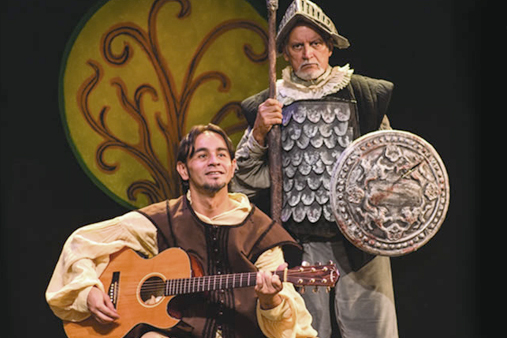
This second production of Las aventuras de Don Quijote celebrates the dichotomies inherent in the novel: madness/sanity; hero/anti-hero; reality/fantasy; chivalric romance/romantic parody—all through dual language exchanges, music, dance, and extreme physicality (as when Don Quijote fights the windmills). We laugh at Don Quijote’s exploits, and we applaud them. As Don Quijote tells us: “We are each the child of our own deeds.”
What’s unique about this production is how director Cornelia Cody introduces the windmill scene through interactive participation with the kids in the audience. Actor Thais Menendez as Sabrina (Don Quixote’s niece) hands out pinwheels to the front row children, and asks them to twirl the blades by waving them in the air.
DC Theatre Scene, 2015
Platero y yo
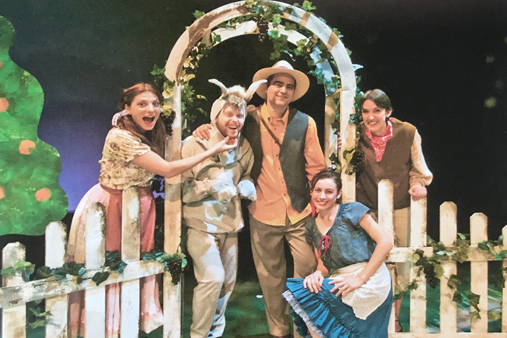
An adaptation of Juan Ramón Jiménez’s lyrical story about a poet and his donkey as they travel through Spain. In this adaptation, the setting is more universal. The songs and games are from all over the Spanish-speaking world. Platero y yo was nominated by DC Theatre Scene as one of the top ten children’s plays in 2012.
There isn’t much of a plot in Juan Ramón Jimenez’s “Platero y yo.” Yet GALita’s bilingual adaptation by Cornelia Cody, who also directed it, is bubbling with life, and comes to such a satisfying resolution, I left with a smile on my face. It’s a good, old- fashioned folk tale about man’s connection with nature.
DC Metro Theatre Arts, 2012
Algunas aventuras de Don Quijote de la Mancha
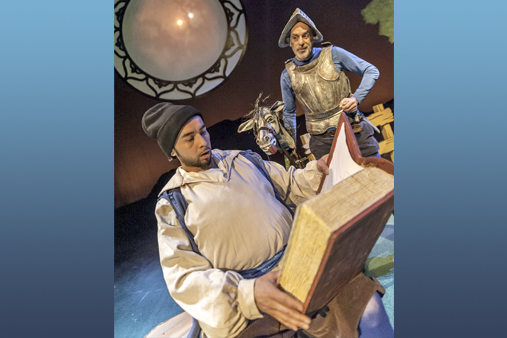
As directed by GALA’s artistic director Hugo Medrano, this technically synergistic GALita version is positively enchanting. Don Quijote makes public his mission: “I am chivalry’s most valiant knight. I am here to set a thousand wrongs to right.” Yet our hero sounds disoriented and confused: “Am I fiction? Am I real? How do I know?/Who are you? La voz de mi imaginacion?/…. You are I and I am you. Eres yo; soy tu.” Throughout Cornelia Cody’s bilingual adaptation of Patricia Suarez’s play, passages in Spanish alternate with passages in English. Hearing Don Quijote speak two languages adds to the dimension of where we are. We’re inside a split-mind. We are out-of-touch with reality. In his opening soliloquy, the madman admits: “I am speaking in a language not my own.” And the teasing questions he has raised linger and keep all eyes and ears glued to the stage.
DC Metro Theatre Arts, 2013
Bodas de sangre / Blood Wedding
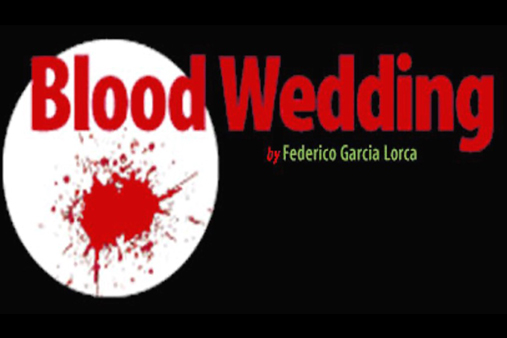
A five-actor bilingual adaptation of Federico Garcia Lorca’s Bodas de sangre. Written and performed for high schools in the Washington, DC/Maryland/Virginia area. Blood Wedding was underwritten by a grant by The Smithsonian Institution. The adaptation included flamenco music and dance.
Mongrel: The Life and Words of Dorothy Parker
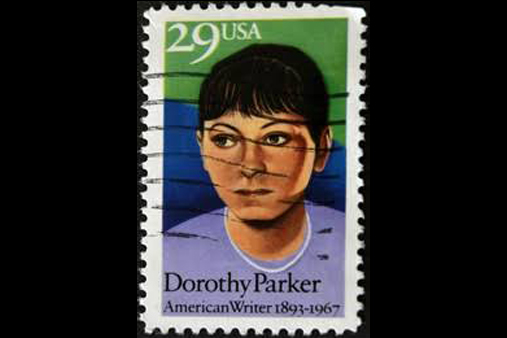
Now titled The Danger of Writing Defiant Verse: The Life and Words of Dorothy Parker, the play is a one-woman show about Dorothy Parker. The script uses the writer’s poems, short stories, reviews, letters, and quips to showcase the writer’s life and times. Mongrel was produced off-Broadway at the York Theatre. The play was considered for production at both Arena Stage (Washington, DC) and Temple Theatre (NC).
Breath

An edgy, darkly-comic one-woman performance piece about life and death. Breath was performed at New York University and Dixon Place.
3 Canterbury Tales
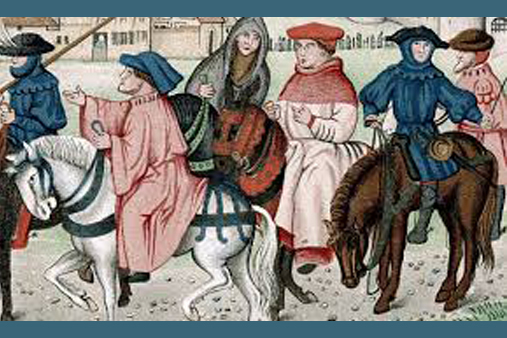
Produced by Baltimore’s Children’s Theatre Association, the play presents three of Geoffrey Chaucer’s stories: The Wife of Bath, The Pardoner’s Tale, and The Nun’s Priest’s Tale—edited for children. The play includes a smattering of Middle English and a lot of medieval music and dance.